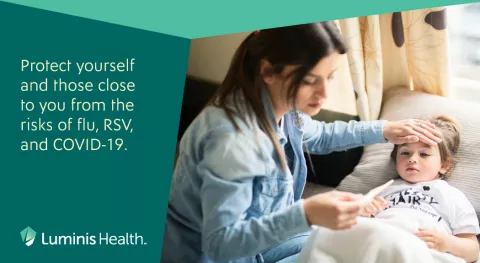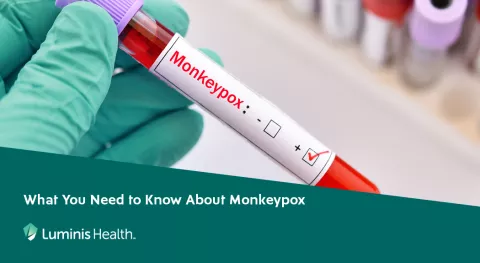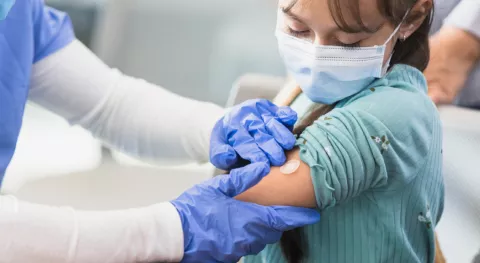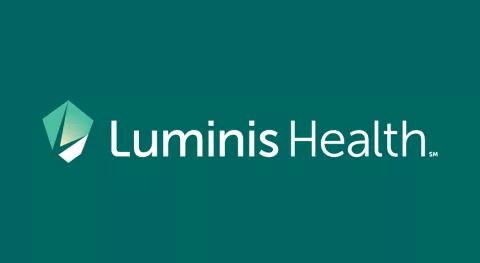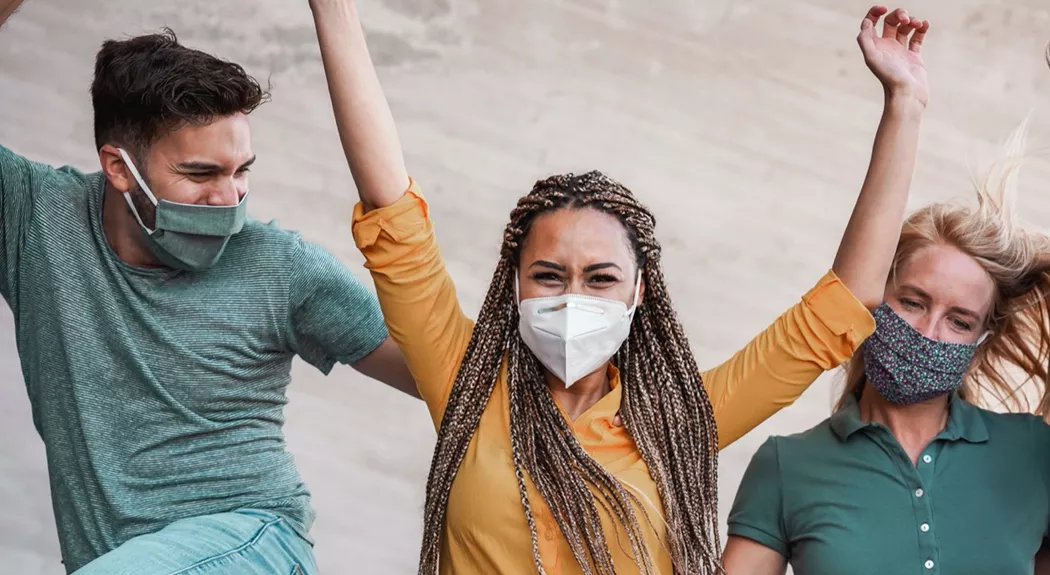
Many young people are excited to return to normal after living in quarantine for over a year. The isolation and disruption to our lives has plagued Generation Z with chronic stress, leaving harmful effects like depression. Triggering thoughts such as, “Am I a risk to my friends and family?” or “When can I get back to work?” are especially distressing to this generation.
When will life return to normal? Our experts have you covered with helpful facts.
COVID-19 Immunity Does Not Last Forever
Last year, the Centers for Disease Control and Prevention (CDC) conducted a study and found immunity lasts for a short amount of time. The study looked at 156 U.S. health care workers who had COVID-19. Participants received an antibody test about a month after developing symptoms, then a second one 60 days later. The study found 94% of the participants had fewer antibodies at the 60-day mark, while 28% experienced a major decrease in antibodies.
Those who have had a mild case of COVID-19 often do not develop a detectable antibody response at all. Do not assume you might be immune to COVID-19 just because you have already had it.
The Vaccine is Our Greatest Defense Against Variants
Viruses are constantly changing. Mutations and new variants emerge over time. Now, at least four new variants are in the U.S. are cause for alarm. These new variants seem to spread easier and faster than the original strain.
According to the CDC, most vaccines appear to be effective against these variants. Immunity from natural infection of COVID-19 might not be able to withstand these mutations the same way.
Vaccination is our greatest weapon against mutated variants and long-term complications from the virus. Not to mention allowing you to visit and be out in public more safely.
You Play a Role in Protecting Others from getting COVID-19
According to Dr. Anthony Fauci, director of the National Institutes of Allergy and Infectious Diseases, the nation is now seeing a large number of young people diagnosed with COVID-19. These cases are requiring hospitalization and occasionally lead to death.
Young adults should do their part to help peers understand the importance of the vaccine and the impact of being vaccinated has not only you, but your friends and family as well. Staying away from other people is important when you are sick with COVID-19. Receiving the vaccine is also a huge benefit to you and others in your community.
While we are all excited and anxious to return to our lives, we are not in the clear yet. Before things feel like they are back to normal, many more people need to be vaccinated. It’s important for all of us to get the vaccine to protect family members, society and ourselves. Together, all generations can come together and eliminate this deadly disease for good.
In April, Maryland moved to phase three of its vaccination distribution plan, which means all Marylanders 16 and up are now eligible for vaccination. If you would like more information on how to make an appointment with Luminis Health, visit here.
If you are a young adult who has questions or concerns about receiving the COVID-19 vaccine, please visit CDC.gov for more information.

Jean Murray is system director of Infection Prevention and Epidemiology for Luminis Health.
